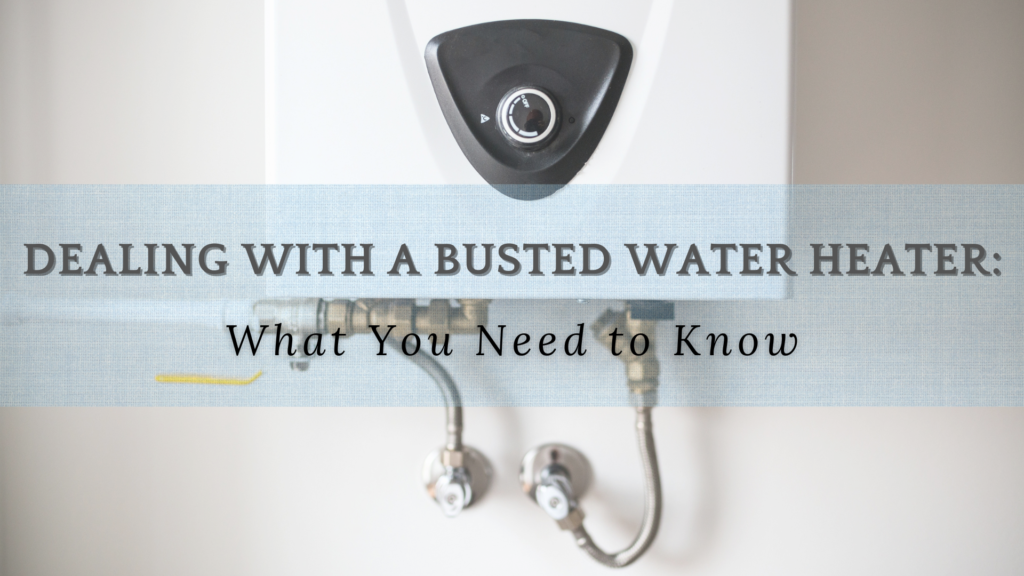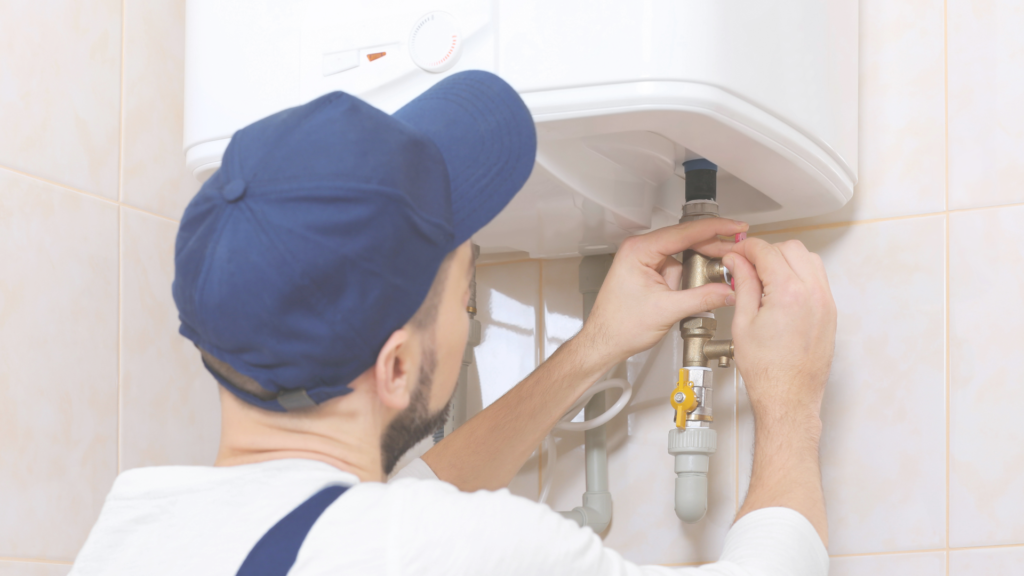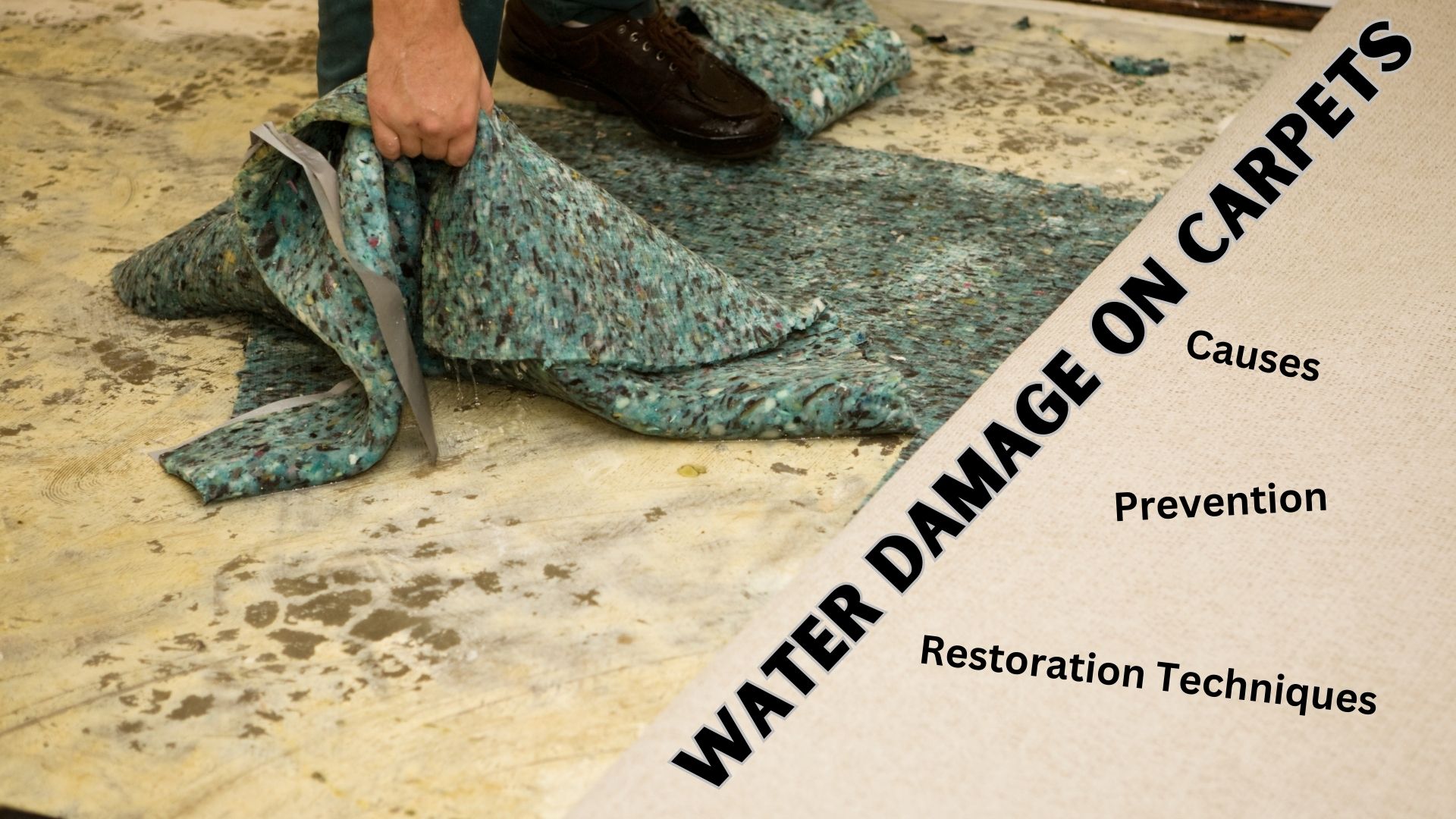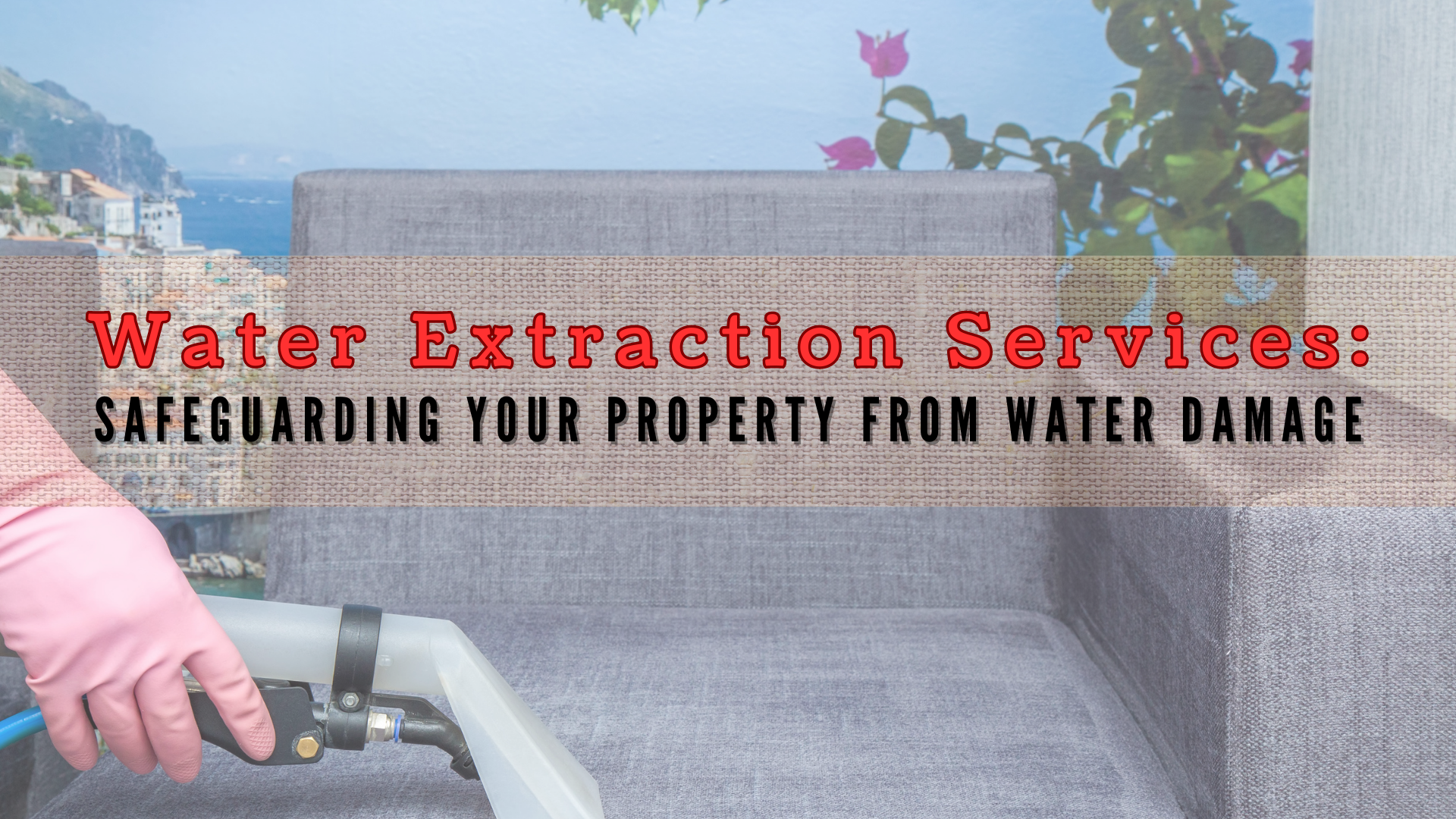A water heater is an essential appliance in any household, providing hot water for various daily activities. However, when your water heater suddenly stops working or malfunctions, it can be a major inconvenience. One of the most frustrating issues to encounter is a busted water heater. In this comprehensive guide, we’ll delve into the common causes of water heater malfunctions, signs that indicate a problem, steps you can take to troubleshoot the issue, and when it’s time to seek professional help. So, let’s dive in and learn how to deal with a busted water heater effectively.
1. Recognizing the Signs of a Busted Water Heater
The first step in addressing a busted water heater is identifying the signs that indicate a problem. These signs may include:
a) No hot water: If you turn on the hot water faucet and only cold water comes out, it’s a clear indication that something is wrong with your water heater.
b) Inconsistent temperature: If your water heater provides intermittent hot water or the temperature fluctuates excessively, it could be a sign of a malfunction.
c) Strange noises: Unusual rumbling, popping, or banging sounds coming from your water heater may indicate a buildup of sediment or other issues.
d) Water leaks: Any visible water leakage around the water heater or pooling water near the unit should not be ignored.
2. Common Causes of Water Heater Malfunctions
Understanding the potential causes of water heater malfunctions can help you troubleshoot and prevent future issues. Let’s explore some common causes:
a) Sediment buildup: Over time, minerals and sediment can accumulate at the bottom of the water heater tank, leading to decreased efficiency and potential damage. This buildup can insulate the heating element, causing it to overheat and potentially fail.
b) Heating element failure: Electric water heaters have one or two heating elements that can wear out or burn out over time, resulting in no hot water. A faulty heating element will need to be replaced to restore proper functionality.
c) Faulty thermostat: A malfunctioning thermostat can cause temperature inconsistencies or prevent the water from heating at all. If the thermostat is not accurately sensing the water temperature, it may need to be recalibrated or replaced.
d) Pressure valve issues: The temperature and pressure relief valve is a critical safety feature that releases excess pressure from the water heater. If this valve malfunctions, it can cause leaks or other problems. Repairing or replacing may be necessary.
3. Steps to Address a Busted Water Heater
If you suspect your water heater is busted, here are some steps you can take to address the issue:
a) Turn off the power: This step is necessary to ensure your safety when working with water heaters. For electric water heaters, locate the circuit breaker that supplies power to the water heater and switch it off. This prevents any electrical accidents while you inspect or work on the unit. If you have a gas-powered water heater, you need to shut off the gas supply. This typically involves turning off the gas valve located near the water heater.
b) Check for water leaks: Inspect the water heater and the surrounding pipes for any signs of leakage. Look for drips, puddles, or damp areas around the unit. Water leaks can indicate a problem with the water heater, such as a faulty valve or a damaged pipe. It’s important to address leaks promptly to prevent water damage and further complications.
c) Flush the tank: Over time, sediment can accumulate inside the water heater tank, reducing its efficiency and potentially causing damage. Flushing the tank involves draining the water, removing the sediment, and refilling the tank with clean water. Follow the manufacturer’s instructions or seek professional assistance to properly flush your water heater. This maintenance task helps prolong the life of the water heater and improves its performance.
d) Test the heating elements and thermostat: If you have some knowledge of electrical systems and feel comfortable doing so, you can test the heating elements and thermostat for any faults. Using a multimeter, you can check for continuity to ensure the elements are functioning properly and receiving power. If you detect a faulty component, such as a burned-out heating element or a malfunctioning thermostat, it may need to be replaced. However, if you are not experienced with electrical troubleshooting, it’s best to call a professional plumber to avoid any potential hazards.
e) Consider professional assistance: If you’re uncertain or uncomfortable with troubleshooting or repairs, it’s advisable to contact a qualified plumber. They have the necessary expertise and experience to diagnose and fix water heater issues safely and efficiently. A professional plumber will have the right tools and knowledge to identify the problem accurately and provide appropriate solutions.
f) Replacement considerations: In some cases, a water heater may need to be replaced, especially if it is old, inefficient, or if the necessary repairs are extensive and costly. A professional plumber can help assess the condition of your water heater and advise you on whether a replacement is the best course of action. They can guide you in choosing a suitable replacement unit based on your needs, budget, and available options on the market.
4. Preventive Maintenance for Water Heaters
To avoid future water heater issues, it’s essential to practice regular preventive maintenance. Here are some maintenance tips:
a) Periodically check your water heater for any visible signs of problems such as water leaks, rust or corrosion on the tank or pipes, or any physical damage. It’s important to address these issues promptly because they can lead to further damage or even failure of the water heater. By inspecting regularly and taking action when necessary, you can prevent small issues from becoming bigger and more costly problems.
b) Over time, sediment can accumulate at the bottom of your water heater tank. This sediment is often composed of minerals and other particles that settle out of the water as it heats up. Flushing the tank involves draining the water heater completely to remove this sediment buildup. By doing this at least once a year, you can prevent the sediment from interfering with the efficiency and performance of your water heater. Sediment buildup can lead to reduced heating efficiency, increased energy consumption, and even damage to the tank if left unattended for long periods.
c) The pressure relief valve is a safety feature found on most water heaters. It’s designed to release excess pressure inside the tank, preventing a potential explosion or other damage. To test the valve, you need to lift the lever or follow the specific instructions provided by the manufacturer. By performing this test, you can verify that the pressure relief valve is working correctly and will function as intended in case of a pressure buildup. It’s important to ensure proper functioning to maintain the safety of your water heater.
d) Hot water pipes can lose heat as the water travels from the water heater to your faucets or appliances. Insulating these pipes involves wrapping them with insulation material, which helps to minimize heat loss during transit. By reducing heat loss, you can improve the energy efficiency of your water heating system, as it will require less energy to heat the water to the desired temperature. Insulating hot water pipes can also result in faster hot water delivery at the faucet and reduce the need to run the tap for extended periods, thus saving water as well.
e) Most water heaters have a thermostat that allows you to control the temperature of the water. It’s important to set the thermostat to an appropriate level, typically around 120 degrees Fahrenheit (49 degrees Celsius). This prevents the water from overheating, which can be a safety hazard and also leads to unnecessary energy consumption. By setting the temperature at an optimal level, you can ensure comfort while minimizing energy waste.
f) Hard water contains high levels of minerals, such as calcium and magnesium. When hard water is heated, these minerals can precipitate and form deposits inside the water heater, reducing its efficiency and potentially causing damage. A water softener is a device that removes or reduces the concentration of these minerals, preventing the formation of deposits. By installing a water softener, you can extend the lifespan of your water heater, improve its efficiency, and reduce the need for maintenance or repairs associated with mineral buildup.
5. When to Seek Professional Help
While you can handle basic troubleshooting and maintenance, certain situations require professional assistance. Reach out to a specialist if:
a) You’re unsure about the cause of the water heater malfunction.
b) The repairs involve complex electrical or gas components.
c) There are persistent leaks or extensive water damage.
d) Your water heater is old and inefficient, and you’re considering a replacement.
e) You want to ensure the repairs are done correctly and safely.
Water Damage Issues? Contact Superior Restoration
Dealing with a busted water heater can be inconvenient, but there are solutions available. Regular preventive maintenance is important for prolonging the lifespan of your water heater and avoiding costly repairs. If you’re unsure about handling repairs, seeking professional assistance is the best option.
Superior Restoration is a reliable company that specializes in water damage restoration and plumbing services. They offer emergency response services to address water heater issues promptly. Their skilled plumbers can diagnose and repair various water heater problems efficiently. Additionally, they provide comprehensive solutions, assessing the overall condition of your water heater to prevent future malfunctions. If replacement is necessary, Superior Restoration can guide you in choosing a suitable unit and handle the installation professionally. Furthermore, they offer water damage restoration services to restore your property if your busted water heater has caused water damage.
Open 24/7, ready to serve you. Expert and experienced, Superior Restoration can help you resolve your water heater issues and restore your home to its pre-damage condition.
Seek their professional assistance for reliable solutions today!






